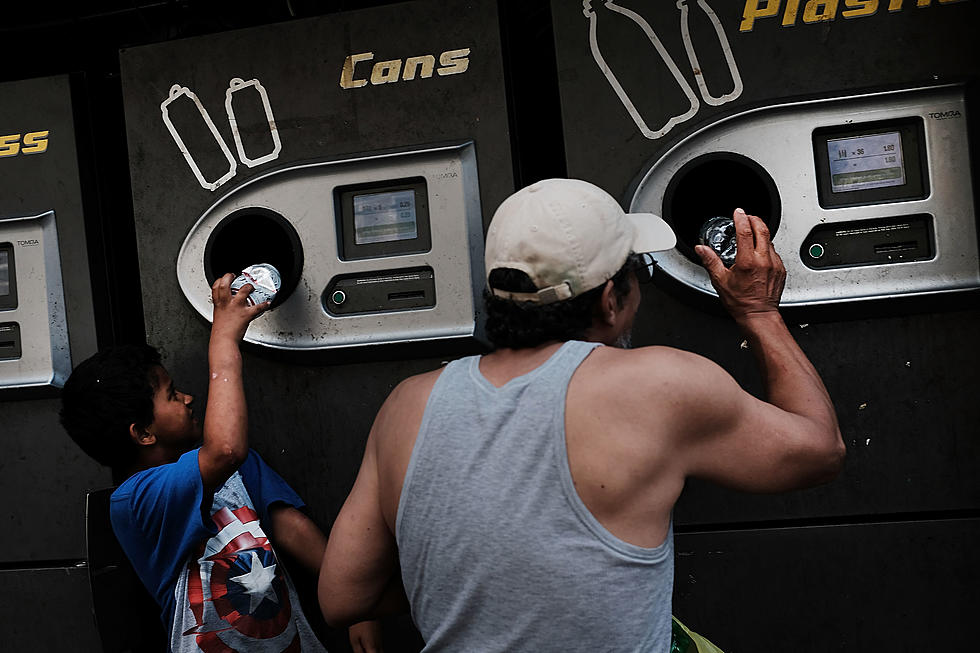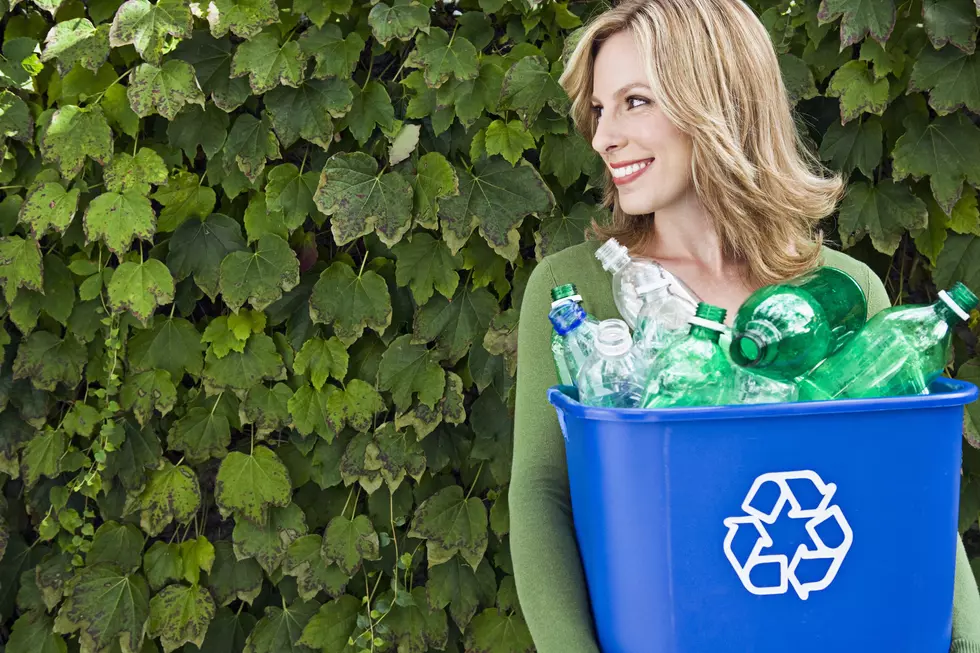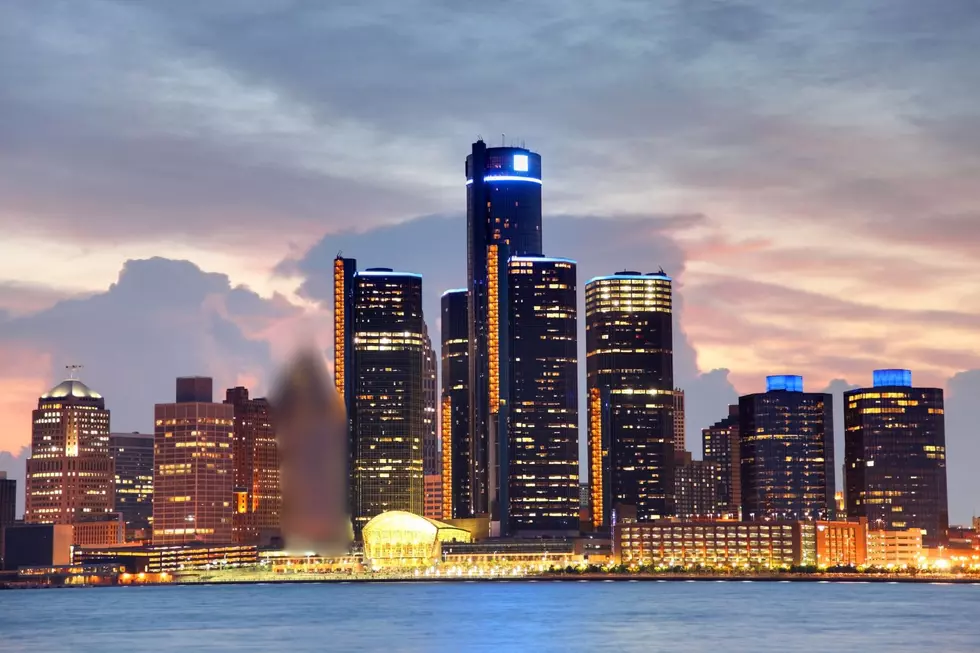
What Happens When The Store Doesn’t Accept Your Bottle Return?
Without fail, just about once every month I'll see a post in a local Facebook group asking what to do when a retailer refuses to accept your bottle return.
If you didn't already know Michigan, along with the state of Oregon, have the two highest bottle deposit rate of 10 cents. It's then no surprise that we also have one of the highest recycling rates in the country!

However, there are many misconceptions regarding bottle deposits and bottle returns. Here are some of the official laws to help clear up some of this confusion:
Which Containers Qualify For Deposit/Return?
Per the Michigan Department of Environment, Great Lakes, and Energy (EGLE) beverage containers that hold a carbonated liquid such as a "soft drink, soda water, carbonated natural or mineral water, or other nonalcoholic carbonated drink" shall be charged a 10 cent deposit as well as "beer, ale, or other malt drink of whatever alcoholic content; or a mixed wine drink or a mixed spirit drink." Note: because it is carbonated the popular drink Kombucha was added to the deposit list in 2019.
Basically: if it's a carbonated beverage under 1 gallon a 10 cent deposit will be collected and is therefore eligible for a 10 cent return.
What if the Retailer Refuses My Return?
The 1976 Bottle Bill states, "A dealer shall not refuse to accept from a person an empty returnable container of any kind, size, and brand sold by that dealer, nor refuse to pay to the person its full refund value in cash".
Legally, the retailer that you bought the beverage container from must refund your deposit. However, said retailer does the right to cap you off at $25 in bottle returns on any given day.
If the retailer refuses your return the Michigan EGLE suggests finding the store manager to tell them about the situation. If that doesn't get you anywhere, report the retailer to Michigan Department of Attorney General's, Consumer Protection Division to file a complaint.
Do My Returnables Need to Be Clean?
You container should be dry and empty, not having been used for any other purpose, but legally if the business sells that brand they must accept the return and refund your deposit.
Have you ever had problems returning your cans before?
Dumbest Laws In Michigan
Check Out Constantine's Newest Brewery: River Trade Brewing Co.
More From WKFR









